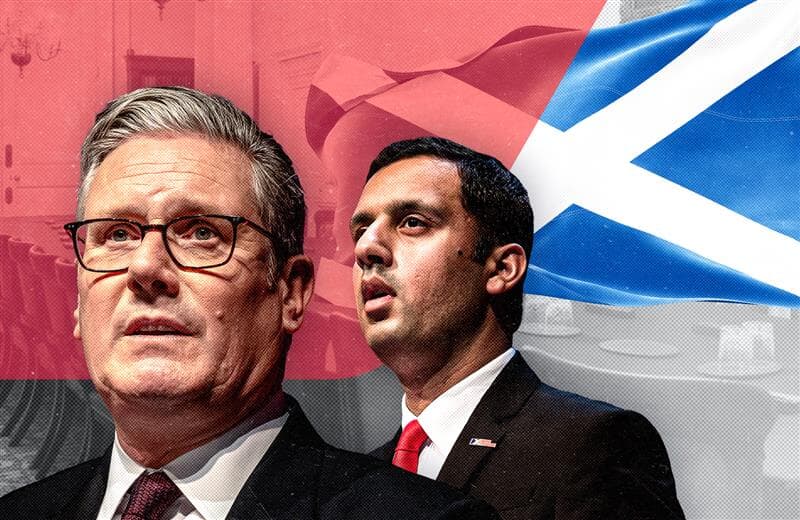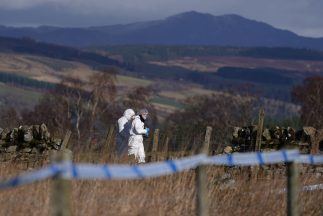For a reshuffle triggered by a crisis, it had all the hallmarks of a carefully crafted plan, a long time in the making.
Keir Starmer’s decision to not just cut the ministerial deck, but totally reshuffle his government, was a bid to turn the fallout from Angela Rayner’s damaging resignation into an opportunity.
The Prime Minister has wanted to shake up the ministerial roster for months. But the state of both the economy and Labour’s poll ratings meant a reshuffle expected before the summer was put off indefinitely. Or so it seemed.
Once Rayner’s exit became inevitable, so did a reshuffle much bigger than simply filling an unexpected gap. The plan was dusted off and put into action.
The subtext of the various moves is clear: the PM isn’t happy with anyone’s performance, more or less across the board, and he isn’t afraid of letting people know.
The greatest concern is around migration and Channel crossings. Yvette Cooper was seen as Labour’s toughest voice on migration; she’s been replaced as Home Secretary, and so has almost the entire ministerial team at the Home Office.
In her place, someone who the briefings suggest is even tougher: Shabana Mahmood, one of the few Cabinet ministers with any credit from the first year of Starmer’s premiership, for taking on England’s prison overcrowding crisis.
Already, a tougher approach is emerging: talk of suspending visas for countries that don’t accept deported migrants, and of housing asylum seekers on military bases.
Often, Cabinet reshuffles are an exercise in balancing different factions within a party, to try keep everyone happy. Not this one.
The Prime Minister has got rid of those not seen as key players in the Starmer project – witness the brutal sacking of Ian Murray as Scottish Secretary – and promoted loyal new talent over experience.
Reshuffles are also normally about rewarding those who have waited their turn; this time, MPs from the 2024 intake have been thrust into ministerial jobs.
Several of those are Scottish Labour MPs, which isn’t surprising given how many of them were elected last year. But it’s striking that the number of Scots in government has nearly doubled; seven have full ministerial jobs, with another two put in the Labour whips’ office.
They include Zubir Ahmed MP, a surgeon who now brings his expertise to the Department of Health – even though health is devolved.
More Scottish Labour MPs will be brought into the government’s orbit as Parliamentary Private Secretaries – aides who act as ministers’ eyes and ears in the Commons.
Within the Scottish group of MPs, the divide is now clear between those loyal to the government, looking to climb the ministerial ranks, and those who expect to spend the parliament on the backbenches.
As with any reshuffle, this one creates divides.
Labour’s so-called “soft left” has been left out, and already there are signs that it’s organising itself as a party within a party to make life difficult for Keir Starmer.
The number of potential members of the awkward squad is smaller in Scotland – you’d expect that, given how many are first-time MPs, selected and elected in Starmer’s landslide.
What remains to be seen is whether a louder Scottish voice in government makes a difference to Scottish Labour’s fortunes.
The UK Government has trumpeted record funding for Scotland, but decisions around the winter fuel payment and welfare cuts have badly undermined Anas Sarwar’s bid to become First Minister.
Does the appointment of Douglas Alexander do anything to help?
He was Scottish Secretary when Labour lost power to the SNP at Holyrood in 2007, and then lost his Westminster seat in the SNP tsunami of 2015. He’s been given a leading role in the Labour campaign for next year’s Holyrood election.
Whether he’s able to shape UK Government policy in a way that helps, rather than hurts Scottish Labour – whether he even sees that as his job – is the big unanswered question from the drama of the past few days.
Follow STV News on WhatsApp
Scan the QR code on your mobile device for all the latest news from around the country




























